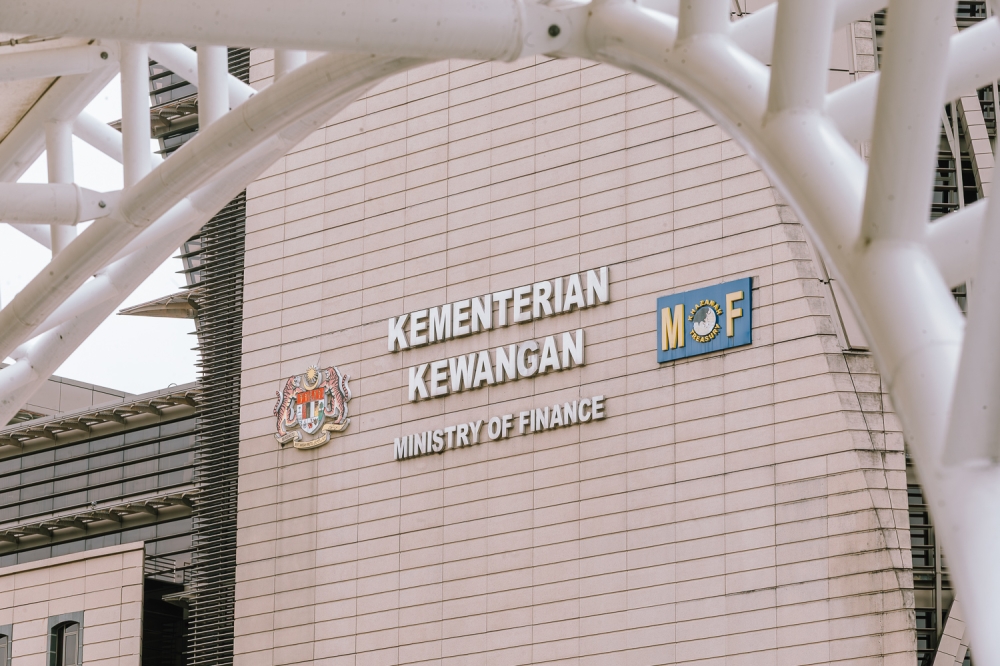KUALA LUMPUR, Oct 30 — A suit has been filed against the federal government seeking for the courts to rule if the Yang di-Pertuan Agong’s refusal to invoke a state of emergency upon the advice of the Prime Minister Tan Sri Muhyiddin Yassin had in any way contravened with the Federal Constitution.
The suit named the federal government as the sole defendant, according to documents sighted by Malay Mail, with the originating summons filed by lawyer Syed Iskandar Syed Jaafar as the plaintiff through the R. Kengadharan & Co legal firm at the Kuala Lumpur High Court today.
“This is a public interest litigation brought to vindicate the rule of law and uphold the Federal Constitution,” it read.
This was in reference to the Yang di-Pertuan Agong Al-Sultan Abdullah Ri’ayatuddin Al-Mustafa Billah Shah, who on Sunday, after meeting with other Malay Rulers, decided there was no need for an emergency in any parts of the country or nationwide.
The Agong was advised to invoke the state of emergency by Muhyiddin during an audience with the Prime Minister two days before issuing his refusal.
Syed Iskandar through his originating summons presented the court with a two-pronged query that first sought to determine if the Agong enjoys ‘unfettered discretion’ that allows for his refusal to declare the emergency despite the advice of the federal government.
“I respectfully state that the Yang di-Pertuan Agong, on declining to act upon the advice of the Prime Minister and/or the Federal Cabinet, exercised his functions in a manner inconsistent with Articles 40 and 150 of the Federal Constitution,” read his Affidavit in Support.
Article 40 of the Federal Constitution spells out the perimeters of the Yang di-Pertuan Agong related to decisions made upon the advice of the government, while Article 150 relates to the proclamation of a state of emergency.
The second legal question raised seeks for the court to decide if amendments made to Act 150 of the Federal Constitution, in particular the concerning Clauses (8) and (9), were in any way unconstitutional.
“I further respectfully state that Act A514 which amended Article 150 by adding Clauses (8) and (9) is violative of the Federal Constitution and is therefore null and void,” he wrote.
Clause (8) of Article 150 determines that the decision of the Agong shall be final and conclusive, and shall not be challenged or called in question by any court within the country, while Clause (9) relates to the Parliament’s operations following the declaration of an emergency.
Syed Iskandar further asserted amendments made by the Parliament beyond its authority, saying the changes implied an intention to oust the jurisdiction of the High Court to examine the validity of decisions made under the same Article.
“Such an amendment cuts across the power of judicial review which is part of the basic structure of the Federal Constitution.
“Further the addition of Clause (9) offends against the doctrine of parliamentary democracy which is part of the basic structure of the Federal Constitution
“I verily believe that a determination of the aforesaid questions by this Honourable Court is important for the vindication of the rule of law and for the purpose of upholding the Federal Constitution,” it read.
















.jpg)


